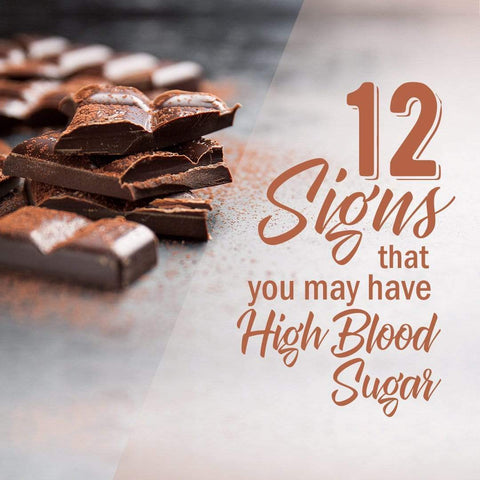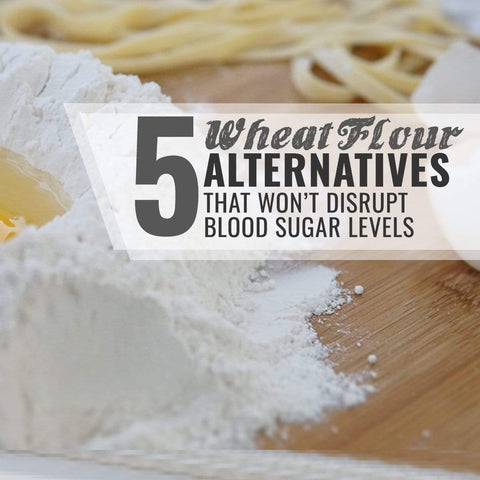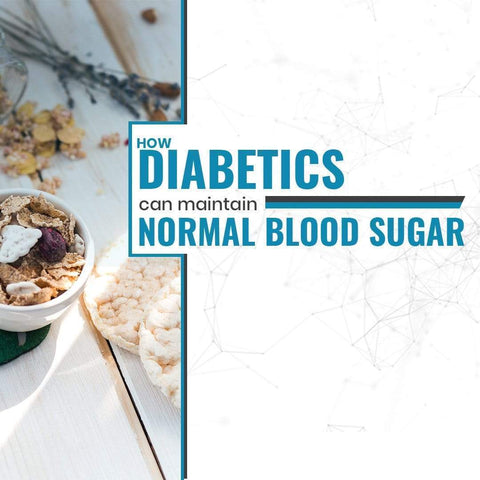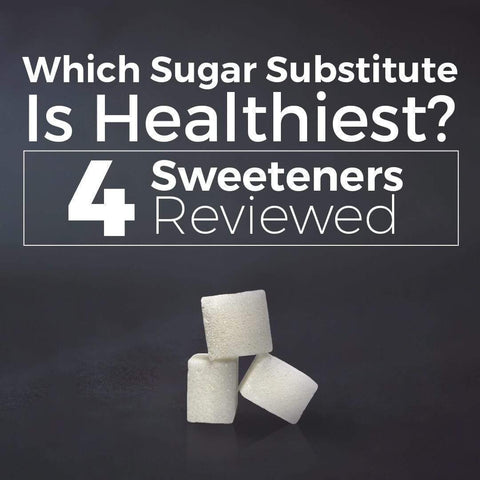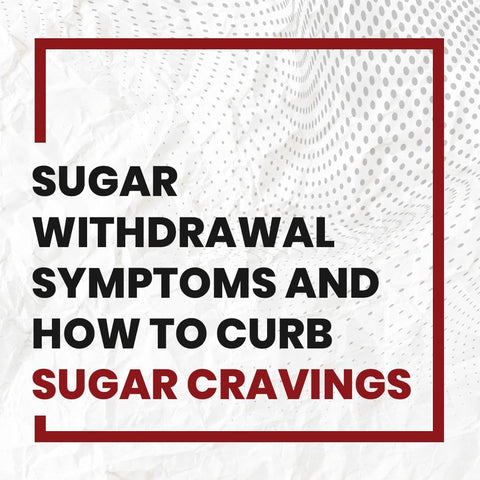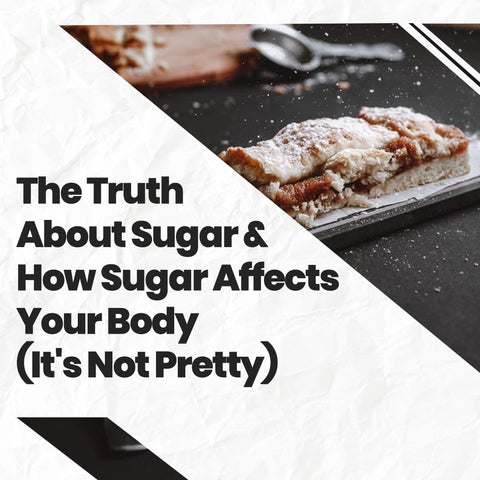 Diabetes indicates the inability of the cells of our body to absorb and utilize glucose. There are two types of diabetes - type I and type II. Both types involve the malfunction of the hormone insulin, which clears glucose from the blood and transfers it into cells for use.
Diabetes indicates the inability of the cells of our body to absorb and utilize glucose. There are two types of diabetes - type I and type II. Both types involve the malfunction of the hormone insulin, which clears glucose from the blood and transfers it into cells for use.
Diabetes is very harmful to one’s health, as it damages not only nerves, causing burdensome pain, but accelerates damage to all tissues in the body as a result of inflammation, oxidative stress, and direct sugar damage (called glycation) to your cells.
In other words, it makes you sick and speeds up aging.
What Are Type I and Type II Diabetes?
Type I is less common in the modern world and indicates that the pancreas is not producing enough insulin. The insulin-producing cells actually die in this disease, and many medical experts think that the development of type I diabetes is partially caused by the immune system attacking the pancreas.
Type II diabetes is more preventable than type I and involves the cells of the body becoming resistant to the sugar-carrying action of insulin because there is constantly too much insulin in circulation. Think of it like this—when you have too much of something, you become numb to it.
Put simply, the main cause of type II diabetes is the consumption of too much high-sugar, high-glycemic, processed foods and animal products. Any food that causes a big burst of glucose and/or insulin can contribute to the numbing of your cells to glucose (known as insulin resistance) if consumed often.
Now that you’ve been briefed on why you don’t want diabetes, let’s look at the warning signs for anyone who might be developing insulin resistance.
Exclusive Bonus! Download the FREE report ‘19 Ways to Naturally Balance your Blood Sugar Levels (Even If You LOVE Carbs)’ by clicking here.
Signs That You Could Be Developing Diabetes
1. Excessive thirst

When your blood sugar levels become too high because insulin is not performing its action in the body, your kidneys become less able to separate glucose from water, and in essence, the kidneys eliminate too much water.
So because your body is rapidly peeing out more water than it should, your brain gets signals that more water is needed. Once blood sugar stabilizes, this problem should stop.
2. Excessive urination
This goes along with excessive thirst. As your kidneys receive too much glucose from the blood, they will try to rid it from the body by causing you to pee it out.
3. Dry skin
When your body is losing lots of water through excessive urination, your skin loses moisture. After all, your skin is another tissue just like any other in your body.
4. Fatigue
This sign is easy to understand. Since your cells are not receiving enough glucose, which is needed for energy, they are performing lazily. As mentioned before, without insulin doing its job, glucose doesn’t get into the cells. If your cells don’t have anything to run on, it’s no wonder you would feel tired.
5. Sudden weight loss
When diabetes develops, some people, even those with type II diabetes, can experience initial weight loss. As cells become less able to utilize glucose, they begin to burn fat and protein stores in the body.
6. Yeast infections (for both men and women)
If you notice yeast infections in or around any moist part of your body, it could indicate that your sugar is too high. Yeast infections are commonly found in or around genitals, between fingers and toes, and under breasts. Yeast feeds on glucose, so if it is being fed too much sugar, it’ll grow more easily.
7. Reduced blood flow and all of the resulting problems
Because of the damage to the lining of blood vessels caused by high glucose, blood flow can be impeded. This affects your health in a multitude of ways because your tissues aren't receiving the oxygen and other nutrients that they need to receive.
You will have reduced wound healing, less energy, and may be put at increased risk of many diseases. Lack of blood flow is a risk factor for the development of Alzheimer's, for instance!
8. Accelerated skin aging

Because elevated blood sugar causes damage to your skin, it might be a sign that your blood sugar is high if your skin seems to be aging quickly. This process that damages your skin is called glycation.
Explained simply, sugars like glucose and fructose attach to, damage, and cause the degradation of the proteins in your skin that are meant to give you a wrinkle-free youthful look. When proteins like collagen get damaged, they lose their strength and flexibility. Without these characteristics, your skin sags and looks wrinkled.
9. Numbness or pain in feet or legs
This is a common side effect of diabetes called neuropathy. When it occurs, it's a sign that your nerves have been damaged. Similar to the skin’s aging caused by sugar, damage to your nerves is caused in large part by glycation. And that damage is not innocuous. It burdens you with stinging pain.
Simple Steps to Fight Insulin Resistance
Have most of your diet be whole, natural plant foods like veggies, whole grains, nuts, seeds, and fruits. And get physical activity regularly (which increases the efficiency of glucose metabolism). Just by doing these simple things, you will be fighting insulin resistance substantially.
Foods like white bread, refined grains, and soft drinks can raise glucose quickly (and as a result, insulin as well).
Few people know that huge portions of protein can also raise insulin substantially, and components that are higher in meats than plant foods, like pollutants and AGEs (advanced glycation end products) can also contribute to insulin resistance.
Do you have high blood sugar but LOVE carbs?
Want to do something about it without giving up all the foods you love?
You can help balance blood sugar levels within the normal range naturally using a variety of safe, effective natural remedies.
Click here to download the brand new FREE report by Nutritionist, Evan Burns, shows you how you can still enjoy many of your favorite foods - including carbs - without causing your blood sugar to spike!




